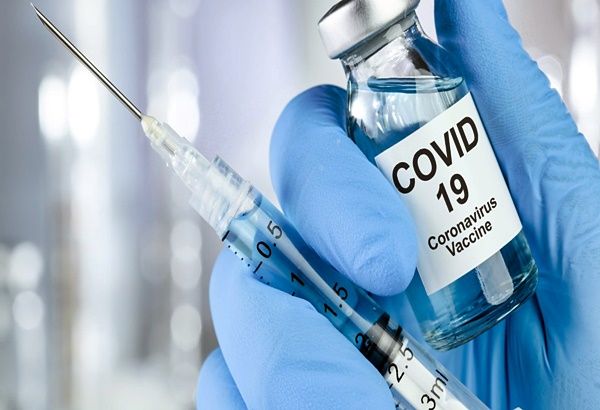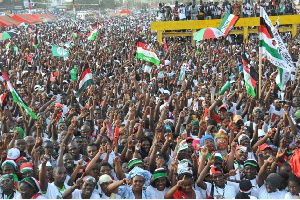GENERAL
Coronavirus increased crime, domestic violence, prices in Ghana – GSS
Published
4 years agoon
By
Frimpong
The COVID-19 pandemic has had both economic and social effects on local communities, resulting in an increase in crime, domestic violence, prices, and low business productivity.
However, assistance from non-state actors such as churches and philanthropists provided significant support in complementing Government’s efforts to lessen the impact of the pandemic on communities.
These are major findings of the Local Economies Tracker conducted by the Ghana Statistical Service (GSS), in collaboration with the United Nations Development Programme (UNDP), in 2,770 communities/localities in all the 16 regions of Ghana. The survey was carried out from May to June 2020 and data was collected from key opinion leaders to understand the effect of COVID-19 on the local economy, particularly in localities in border districts, lock down and non-lock down areas.
“COVID-19 has undoubtedly had a devastating impact on households, businesses, and the local economy in Ghana”, noted Professor Samuel Kobina Annim, Government Statistician.
In response to the pandemic, various individuals, institutions, and government agencies assisted localities in different forms, with seven out of ten (71%) localities receiving some form of assistance including food and personal protective equipment (PPEs). In terms of the source of the support, more than 50% of localities received assistance from Government and District Assemblies with Members of Parliament (MPs) being the largest source of assistance to communities. Notably, many communities received assistance from non-state organizations, particularly from churches (41.5%), and philanthropists (40.8%).
“Support received by the communities from churches and philanthropists is a clear demonstration of how non-state actors have and continue to complement government’s efforts to ensure communities recover better from the pandemic. Partnerships like these are key for the achievement of the SDGs”, noted Silke Hollander, Deputy Resident Representative of UNDP in Ghana.
The survey results also revealed that localities witnessed an increase in crime during the country’s COVID-19 lock down period, with about three out of ten communities (34.1%) experiencing a rise in crime, such as theft and burglary. This was followed by an increase in domestic violence (3.7%) and assaults (3.1%) in communities. In addition, the COVID-19 restrictions also affected businesses in the local communities, with seven to eight out of ten businesses experiencing reduction in production (71.7%) and sales (89.7%) respectively. The businesses also witnessed a reduction in labor supply (36.0%), and prices of goods and cost of credit increased.
Despite district assemblies being the frontline development helpdesk during the outbreak of pandemics like COVID-19, only few respondents indicated that their district assemblies created alternative markets, provided subsidized inputs, and gave soft loans to businesses and farmers. However, most localities have structures such as district standing, community development and business assistance committees, to help them recover from future shocks.
“The results imply that strengthening of district assemblies to take initiatives during shocks, provision of basic amenities, strengthening of social structures, the involvement of district security agencies and non-state organizations would assist localities to deal with future shocks”, Prof. Annim added.
Also, the findings show that close to 25% and 78% of localities did not benefit from the subsidies on electricity and water respectively. For electricity, this is because these localities are not connected to the national grid, and for water, is because they rely on other alternative sources of water and are not served by the Ghana Water Company Limited.
In terms of recovery, the findings suggest that a longer period may be needed for the lockdown districts to recover fully from the pandemic, as almost 2 out of every 5 localities reported that it will take more than a year for the local economies to recover, with a greater proportion of localities in lockdown districts (in Accra and Kumasi) having worse expectations.
The COVID-19 Local Economies Tracker results highlight challenges of vulnerable communities to inform policy and non-governmental organization’s interventions in helping communities recover from the pandemic.
You may like
-


Woman dies a week after accusing her husband of domestic violence.
-


Woman allegedly poisoned by her own husband years after domestic abuse.
-


Covid-19: Vaccines should work against Omicron variant – WHO.
-


Check out new prices for sachet and packaged water effective March 15
-


Covid-19: Ghana’s active coronavirus cases drop to 775
-


Political rallies don’t cause spikes in coronavirus cases – GHS
-


Covid-19 is not responsible for Rawlings’s death – Kofi Adams
-


Fuel prices to be reduced in November
-


RELIEF: Hearts players and management free from COVID-19, set to play Ashantigold on Tuesday
























